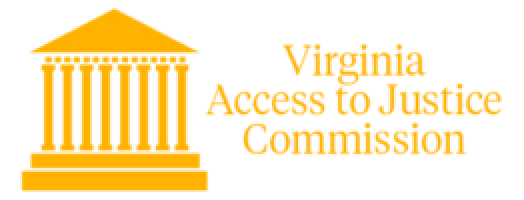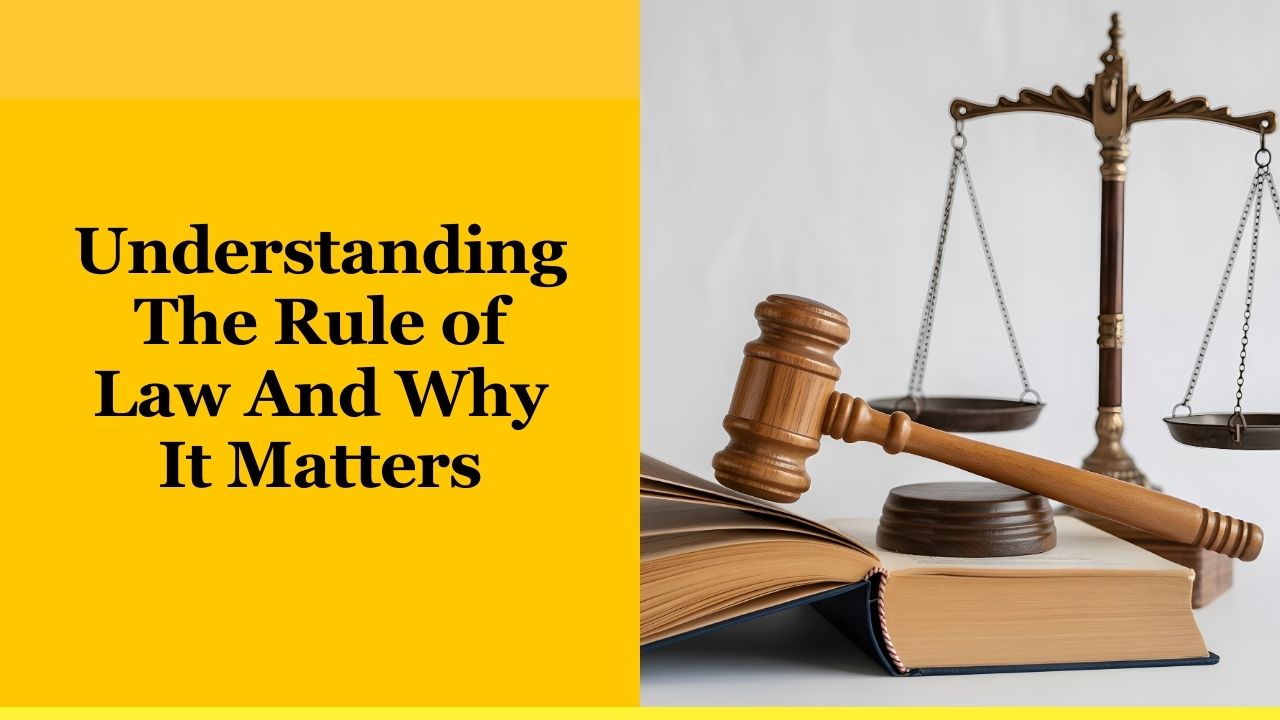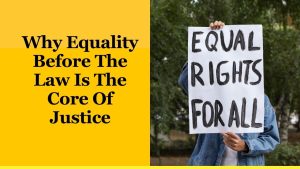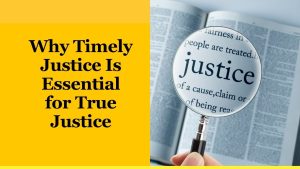The rule of law is the cornerstone of any just, stable, and democratic society. It ensures that everyone—including governments—is bound by the same legal framework. Without it, corruption, inequality, and abuse of power can thrive unchecked.
In 2025, as global challenges like political instability, cybercrime, and human rights abuses rise, the rule of law remains crucial for protecting freedom, enforcing accountability, and enabling economic growth. This article explains what the rule of law is, why it matters, and how it affects everyday life.
What Is the Rule of Law?
The rule of law means that laws, not individuals, govern a nation. It ensures that no one is above the law—not leaders, lawmakers, or citizens.
Core features include:
- Equality before the law
- Fair and transparent legal processes
- Independent courts
- Accountability of government officials
- Protection of fundamental rights
It contrasts with rule by law, where laws are used as tools of power rather than as limits on it. The rule of law restricts power, guarantees justice, and promotes order.
Key Principles of the Rule of Law
| Principle | Description | Purpose |
|---|---|---|
| Legal Equality | All individuals are subject to the same laws | Prevents discrimination and privilege |
| Accountability | Government and private actors are accountable | Limits misuse of power |
| Fairness | Laws are clear, publicized, stable, and applied evenly | Builds trust in justice systems |
| Due Process | Everyone gets a fair trial and legal protection | Safeguards human rights |
| Transparency | Laws are created and enforced openly | Prevents corruption |
| Independent Judiciary | Courts are impartial and separate from politics | Ensures unbiased decisions |
| Access to Justice | Legal remedies are affordable and available to all | Protects the vulnerable |
Key takeaway: These principles work together to ensure that power is controlled and rights are protected.
Why the Rule of Law Matters Globally
Protects Human Rights and Freedoms
The rule of law ensures that fundamental rights like freedom of speech, religion, and assembly are protected by courts. When enforced fairly, it prevents governments or powerful actors from violating individual liberties.
Prevents Corruption and Abuse of Power
Strong legal systems hold leaders accountable for misconduct. Without it, officials can act above the law, leading to unchecked corruption and authoritarianism.
Promotes Economic Growth and Stability
Businesses thrive where contracts are enforceable and property rights are secure. Countries with strong rule of law attract higher foreign investment and experience faster GDP growth because investors trust the system.
Enhances Public Trust in Government
When laws are applied fairly, citizens are more likely to trust and cooperate with institutions—essential for democracy and social peace.
The Rule of Law in Practice: Global Insights
| Country | Rule of Law Index Score (2024) | Notes |
|---|---|---|
| Denmark | 0.90+ | Strong judiciary, low corruption |
| New Zealand | 0.87 | Transparent governance and legal access |
| United States | 0.71 | Strong constitutional framework but rising polarization |
| India | 0.54 | Progress in legal access, challenges in judicial delays |
| Nigeria | 0.43 | Efforts improving, but high corruption persists |
Note: Countries with higher scores generally enjoy greater stability, higher incomes, and lower violence rates. Weaker rule of law often correlates with instability and economic underperformance.
How the Rule of Law Shapes Everyday Life
The rule of law isn’t just a legal concept—it shapes daily life in tangible ways:
- Education: Equal access to public schools relies on fair enforcement of education laws.
- Workplace: Labor laws ensure safe conditions, fair pay, and protection from discrimination.
- Business: Contracts, property rights, and consumer protections depend on enforceable legal systems.
- Public Safety: Police and security forces must follow laws, preventing arbitrary arrests and brutality.
- Voting: Election laws uphold free and fair democratic processes.
Without the rule of law, everyday rights and protections can collapse.
Common Threats to the Rule of Law
While most nations claim adherence to it, the rule of law faces growing pressures worldwide:
Political Interference
- Governments undermining judicial independence
- Politicization of courts and law enforcement
Corruption and Bribery
- Officials ignoring laws for personal gain
- Unequal application of justice
Legal Inequality
- Poor or marginalized groups facing barriers to legal representation
- Discriminatory laws targeting specific communities
Cybercrime and Technology Misuse
- Laws failing to keep pace with digital threats
- Weak regulation enabling mass surveillance or data abuse
Key risk: Once the rule of law erodes, restoring it is far harder than maintaining it.
Strengthening the Rule of Law: What Works
Improving the rule of law requires systemic reforms and citizen engagement. Steps that strengthen it include:
Judicial Independence Reforms
- Appointment processes insulated from politics
- Long-term judicial tenure protections
- Transparent disciplinary systems
Anti-Corruption Measures
- Strict conflict-of-interest laws
- Open government data and public procurement
- Strong whistleblower protections
Access to Legal Aid
- Affordable or free legal representation
- Legal literacy programs
- Community-based mediation and justice centers
Technology and Modernization
- Digital court systems to reduce case delays
- Online legal resources for public access
- AI-assisted case tracking for transparency
Civic Education
- Teaching constitutional rights in schools
- Public campaigns on legal rights and duties
- Encouraging citizen participation in policy-making
Result: These reforms improve public trust, legal efficiency, and accountability.
Rule of Law vs. Rule by Law
It’s crucial to distinguish between rule of law and rule by law.
| Aspect | Rule of Law | Rule by Law |
|---|---|---|
| Purpose of Law | To limit power and protect rights | To serve those in power |
| Judiciary | Independent and impartial | Controlled or influenced by politics |
| Equality | Everyone is equal before the law | Laws apply selectively |
| Stability | Promotes long-term trust and peace | Creates fear, instability, repression |
Key insight: Many authoritarian governments claim to follow law, but use it to oppress opponents rather than protect citizens.
The rule of law is the foundation of justice, equality, and stability. It ensures no one is above the law, safeguards human rights, and underpins economic development.
In an era of global uncertainty, protecting the rule of law is not optional—it’s essential. Strengthening courts, fighting corruption, expanding legal access, and educating citizens are critical steps toward fair and resilient societies.
A strong rule of law is the difference between freedom and oppression, trust and fear, progress and chaos. Upholding it protects both individual rights and collective futures.
FAQs
What is the simplest definition of the rule of law?
The rule of law means that everyone, including leaders, is subject to the same laws, which are applied fairly and consistently.
How does the rule of law support economic growth?
It provides predictability, contract enforcement, and property rights protection, which attract investment and enable businesses to operate confidently.
Can the rule of law exist without democracy?
Some non-democratic states have legal systems, but true rule of law requires accountability, transparency, and protection of rights, which align with democracy.




